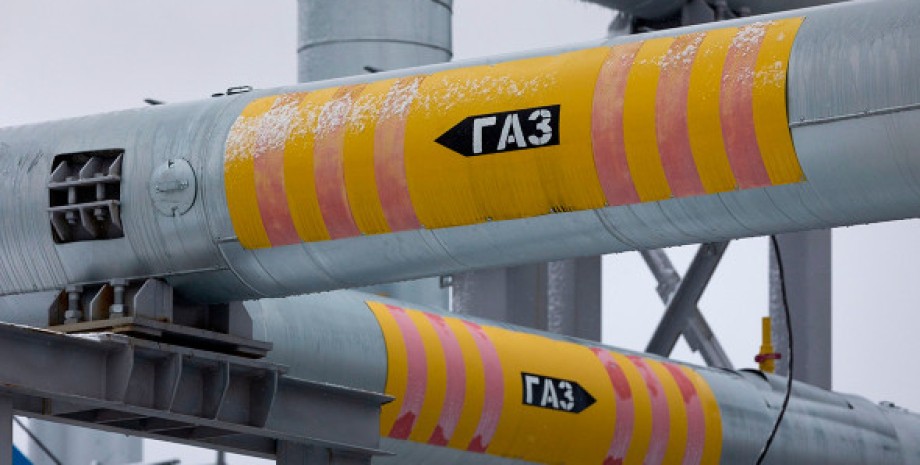
He reported this in an interview with Financial Times, adding that the continuation of a five -year transit contract is unlikely. According to the Minister of Energy, the chances of Kyiv and Moscow to reach an agreement on the extension of the transit contract, like what happened in 2019, is very small. "I can not really imagine how it can be bilateral. I can tell you that we are preparing our system for reducing supply," Galushchenko said.
Gas transit through Ukraine is now about 5% of the total gas imports to Europe. According to the ICIS energy consulting company, Austria is one of the countries that is highly dependent on Russian gas that is transit through Ukraine. In May, this transit route provided half of gas imports to Austria. Similarly in Slovakia up to 95% of gas imports is carried out through the Ukrainian pipeline.
In addition, the Minister of Energy also stated that Europe would be relatively ready for possible slowing of gas supply. In the past, there have already been cases where Europe had to adapt to reducing gas supply by reducing demand and finding alternative sources of imports, such as liquefied natural gas (LNG).
While Galushchenko suggests that European policies may be interested in viewing the treaty, just like what happened in 2019 when the EU has mediated in tripartite negotiations between Russia and Ukraine. The European Commission has refused to comment on whether it would try to initiate negotiations with Russia to continue the contract. The current gas transit contract was signed in December 2019 between Ukraine and Gazprom.
This agreement provides Russian gas transportation through the Ukrainian gas transportation system by the end of 2024. According to this Agreement, Gazprom agreed to send at least 65 billion cubic meters of gas in 2020 and 40 billion cubic meters of gas annually between 2021 and 2024. Currently, gas transit volumes through Ukraine are really much lower than agreed.
Russia supplies about 12 billion cubic meters of gas through the Ukrainian gas transportation system, which is a small part of the agreed volume. Without a Ukrainian transit route, the only pipeline from Russia, which still supplies gas to Europe, would be a Turkish Stream, which in May accounted for just 3% of gas imports to Europe.










All rights reserved IN-Ukraine.info - 2022